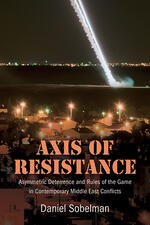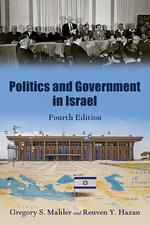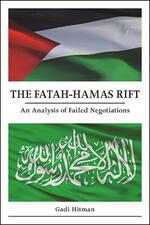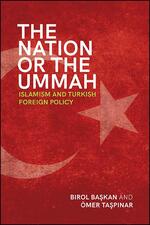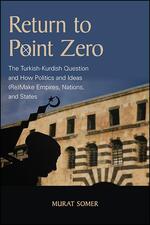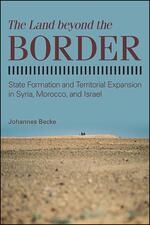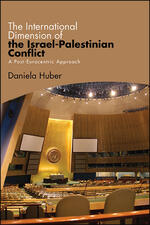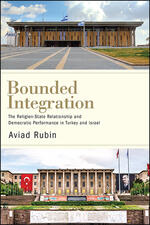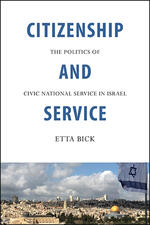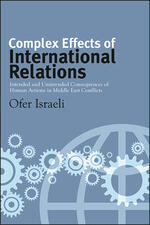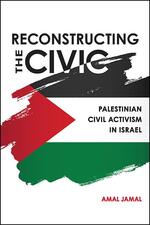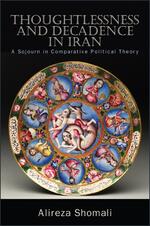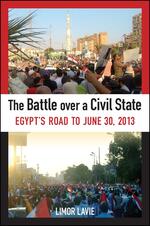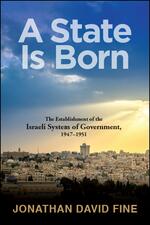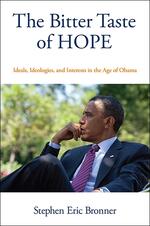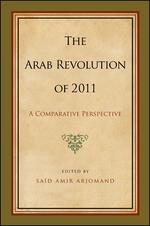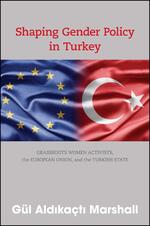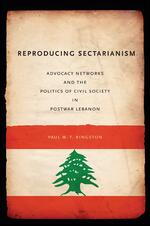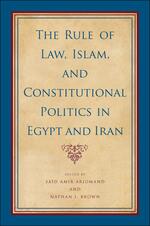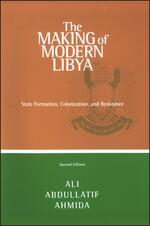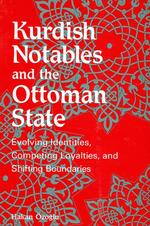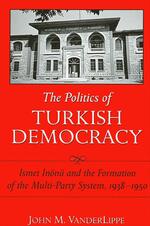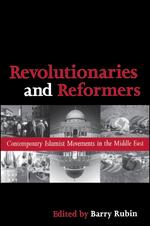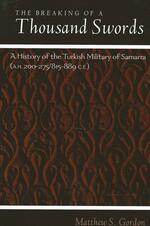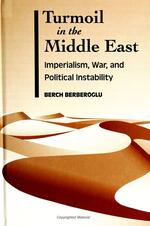Middle East Politics
Axis of Resistance
An in-depth analysis of the primary conflicts animating the contemporary struggle over the regional order of the Middle East.
Politics and Government in Israel, Fourth Edition
Offers coverage of Israeli politics and government using an institutional and behavioral perspective, covering the context for the operation of politics, the machinery of government, and the foreign policy setting within which the government operates.
The Fatah-Hamas Rift
Analyzes the relationship between the Palestinian Authority and Hamas since 2007, a period of time that has been marked by the parties' continual failure to end political disagreements and formulate a common national vision.
The Nation or the Ummah
Explains why Turkey embraced the Arab Spring despite the risk both domestically and internationally.
Return to Point Zero
Analyzes Turkey’s Kurdish conflict since post-Ottoman nation-building through recent peace attempts, from a novel perspective highlighting the dilemmas of the Turk majority and reshaping our understanding of ethnic conflicts, and offers solutions for a sustainable peace.
The Land beyond the Border
Uses an innovative theoretical framework to comparatively explore the dynamics of state expansion and contraction in Syria (1976-2005), Morocco (since 1975), and Israel (since 1967).
The International Dimension of the Israel-Palestinian Conflict
Analyzes the Israel-Palestinian conflict by looking at its interactions with seven regional and global powers and the way the conflict is framed at the international level.
Bounded Integration
Investigates Turkey and Israel's contrasting treatment of religion and demonstrates how this treatment has had a significant impact on these countries' democratic performance.
Citizenship and Service
Assesses the place of non-military national service in Israeli politics and society.
Complex Effects of International Relations
Identifies the many ways in which unexpected outcomes are endemic to international relations due to the complexity of world politics.
Reconstructing the Civic
Explores the civic activism of the Palestinian minority in Israel for a better understanding of the relationship between civic activism and democratization in ethnic states.
Thoughtlessness and Decadence in Iran
Bridges Western and non-Western political thought to address the problem of democracy and political decadance in contemporary Iran and, by implication, similar Islamic societies.
The Battle over a Civil State
Traces the genealogy of the Western philosophic concept of the civil state, how that concept was assimilated into Egyptian political thought, and how it affected the 2013 coup against President Mursi.
A State Is Born
Comprehensive historical study of policy planning and implementation during the crucial formative years of the Israeli government system.
The Bitter Taste of Hope
Essays that critically evaluate America's domestic and foreign policy landscape since President Obama took office.
The Arab Revolution of 2011
Comparative analysis of the 2011 Arab Spring uprisings.
Shaping Gender Policy in Turkey
Timely analysis of the ways in which women grassroots activists, the European Union, and the Turkish state are involved in shaping gender policies in Turkey.
Reproducing Sectarianism
Examines the politics of civil society in modern Lebanon.
The Rule of Law, Islam, and Constitutional Politics in Egypt and Iran
Comparative study of Islam and the rule of law in Egypt and Iran.
The Making of Modern Libya
Second edition of the provocative study analyzing the social, cultural, and historical roots of modern Libya.
Kurdish Notables and the Ottoman State
Examines early Kurdish nationalism within the context of the demise of the Ottoman Empire.
The Politics of Turkish Democracy
The history of Turkey's difficult transition to a multi-party political system.
Revolutionaries and Reformers
Looks at Islamist movements seeking power today, and the difficult choices they face.
The Breaking of a Thousand Swords
A portrait of the Samarran Turk community while in the employ of the 'Abbasid caliphate during the ninth century.
Turmoil in the Middle East
Berch Berberoglu examines the dynamic social forces and political turmoil that plague the contemporary Middle East.
